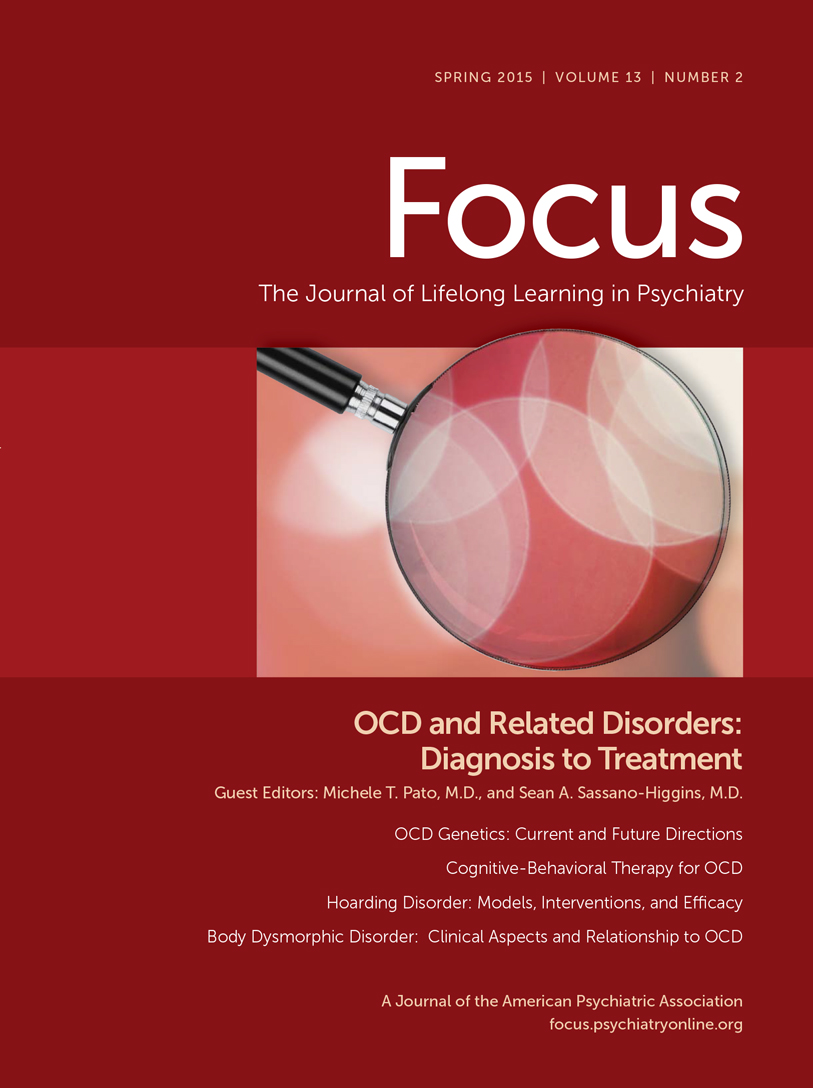Cognitive-Behavioral Therapy for Obsessive-Compulsive Disorder: A Meta-Analysis of Treatment Outcome and Moderators
Abstract
The present investigation employed meta-analysis to examine the efficacy of cognitive-behavioral therapy (CBT) for obsessive–compulsive disorder (OCD) as well as potential moderators that may be associated with outcome. A literature search revealed sixteen randomized-controlled trials (RCTs) with a total sample size of 756 participants that met inclusion criteria. Results indicated that CBT outperformed control conditions on primary outcome measures at post-treatment (Hedges’s g = 1.39) and at follow-up (Hedges’s g = 0.43). Subsequent analyses revealed few moderators of CBT efficacy. Neither higher pre-treatment OCD (p = 0.46) or depression symptom severity (p = 0.68) was significantly associated with a decrease in CBT effect size. Similarly, effect size did not vary as a function of ‘type’ of CBT, treatment format, treatment integrity assessment, blind assessment, age of onset, duration of symptoms, percentage of females, number of sessions, or percent comorbidity. However, active treatments showed smaller effect sizes when compared to placebo controls than when compared to waitlist controls. Effect sizes were also smaller for adult RCTs than child RCTs. Likewise, older age was associated with smaller effect sizes. However, an association between age and effect size was not observed when examining child and adult samples separately. This review indicates that while CBT is efficacious in the treatment of OCD, more research is needed to identify processes that may predict more favorable treatment responses.
Reprinted with permission from the Journal of Psychiatric Research 2013; 47:33–41



